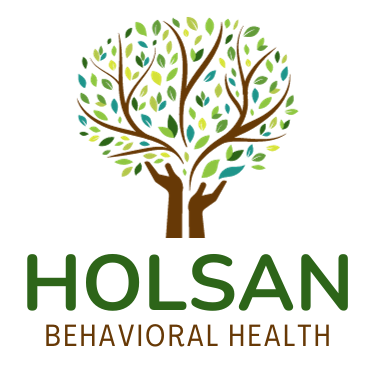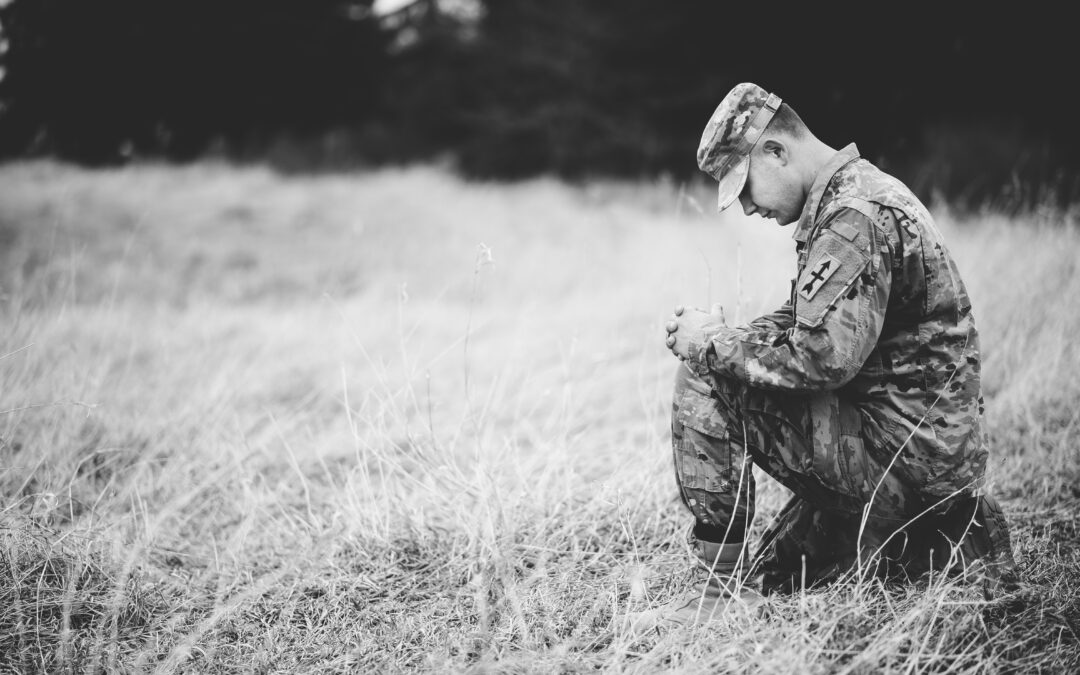Each May, we celebrate Military Appreciation Month, a time to honor the dedication, sacrifice, and resilience of those who have served or are currently serving in the armed forces. While ceremonies and public gratitude are meaningful, one of the most impactful ways to show appreciation is by supporting military mental health—a critical aspect of overall well-being that too often goes unspoken.
Military life presents unique emotional and psychological challenges. Veterans and active-duty service members frequently face stressors such as combat exposure, long-term separation from loved ones, physical injuries, and difficulties transitioning to civilian life. These experiences can lead to conditions like post-traumatic stress disorder (PTSD), depression, anxiety, and substance use disorders.
According to the U.S. Department of Veterans Affairs, approximately 17 veterans die by suicide each day, a statistic that highlights the urgent need for compassionate, proactive mental health support.
Here are 7 essential ways individuals, families, and communities can make a real difference in supporting the mental health of military personnel and veterans:
1. Encourage Open Conversations
Many service members are taught to be tough and resilient, which can lead to internalizing emotional pain. Encourage honest, judgment-free conversations about mental health. Simply asking, “How are you really feeling?” can create space for vulnerability and healing.
2. Recognize the Signs of Distress
Understanding the signs of emotional struggle is key to early intervention. These may include withdrawal, changes in sleep or appetite, mood swings, irritability, substance use, or a loss of interest in activities. If you notice these signs, gently offer support and suggest professional help.
3. Promote Access to Professional Care
Therapy and counseling can be life-changing, especially when tailored to the unique experiences of military life. At Holsan Behavioral Health, we offer personalized therapy with medication management for veterans and active-duty personnel. Our licensed professionals provide support with PTSD, anxiety, depression, and more—ensuring those who serve are never alone in their healing journey.
4. Support Transition to Civilian Life
Leaving the military can be a difficult adjustment. Help make this process smoother by offering practical support: assist with job searches, networking, or simply listen as they talk about their experience. Community programs, veteran organizations, and mental health services can all provide valuable resources during this transition.
5. Celebrate Resilience, Not Just Sacrifice
Honor military members not only for what they’ve endured, but for their strength, adaptability, and courage. Shifting the narrative to include mental health resilience helps reduce stigma and promotes a culture where seeking help is seen as a strength, not a weakness.
6. Connect Them to Peer Support
Sometimes, the best support comes from those who’ve been through similar experiences. Encourage connection with veteran peer groups, support groups, or online forums where service members can talk openly about their challenges and coping strategies.
7. Advocate for Mental Health Resources
Advocacy is powerful. Support policies and organizations that fund mental health research, treatment access, and veteran support services. Use your voice on social media, in community discussions, or through volunteering to promote mental health equity for all military members.
Why Military Mental Health Matters
Our veterans and service members have stood up for us—now it’s time for us to stand up for them. Supporting military mental health is not just a gesture of appreciation, it’s a moral responsibility. Every call you make, every listening ear, and every shared resource can save a life.
If you or someone you love is a veteran or active-duty member struggling with mental health, know that help is available. At Holsan Behavioral Health, we are here to walk beside you with understanding, compassion, and expert care.
Military Mental Health Matters. Honoring our heroes means more than saying thank you—it means supporting their healing, their strength, and their mental well-being
References
- U.S. Department of Veterans Affairs. (2023). PTSD: National Center for PTSD. https://www.ptsd.va.gov
- National Alliance on Mental Illness (NAMI). (2022). Veterans and Active Duty. https://www.nami.org
- RAND Corporation. (2021). Mental Health Care for Military Personnel and Veterans. https://www.rand.org
- Military Mental Health During Military Appreciation Month

